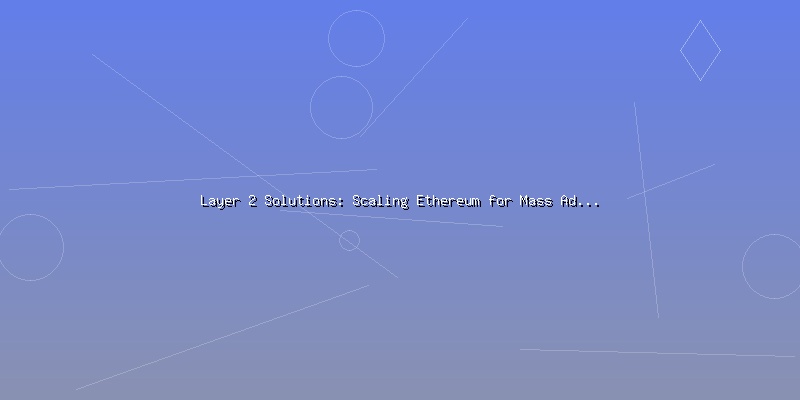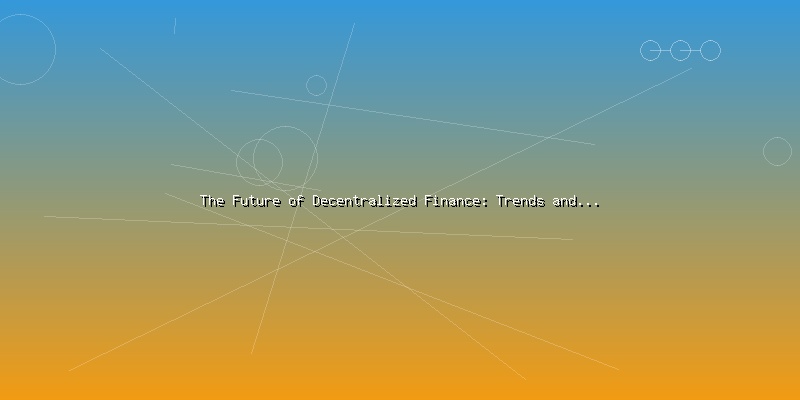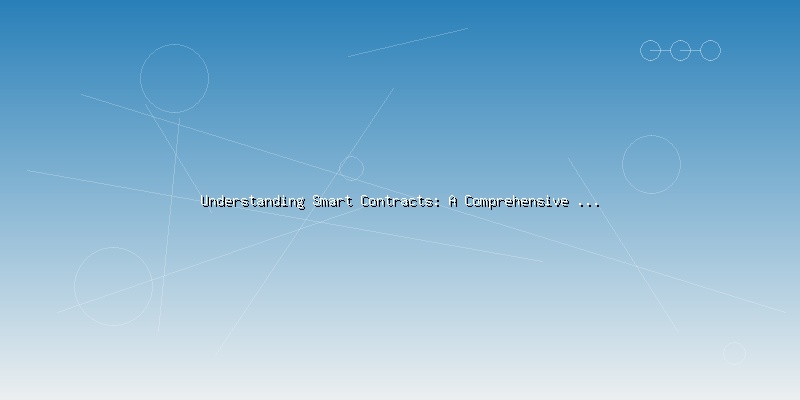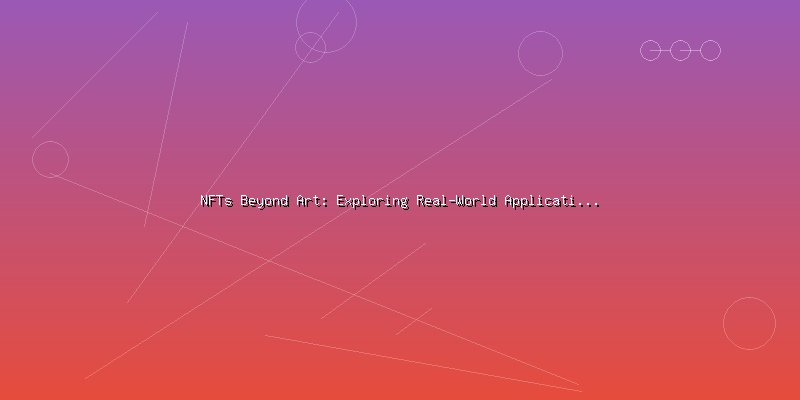Layer 2 Solutions: Scaling Ethereum for Mass Adoption
Ethereum's journey toward mass adoption has been significantly hindered by scalability challenges, with network congestion leading to high transaction fees and slow processing times during peak usage...

Related Articles

The Future of Decentralized Finance: Trends and Predictions for 2024
Decentralized Finance (DeFi) has revolutionized the traditional financial landscape, offering unprec...

Understanding Smart Contracts: A Comprehensive Guide for Beginners
Smart contracts represent one of the most revolutionary innovations in blockchain technology, fundam...

NFTs Beyond Art: Exploring Real-World Applications and Use Cases
Non-Fungible Tokens (NFTs) have transcended their initial association with digital art and collectib...
Don't Miss Our Latest Updates
Subscribe to our newsletter and get the latest cryptocurrency news, market analysis, and exclusive insights delivered to your inbox.